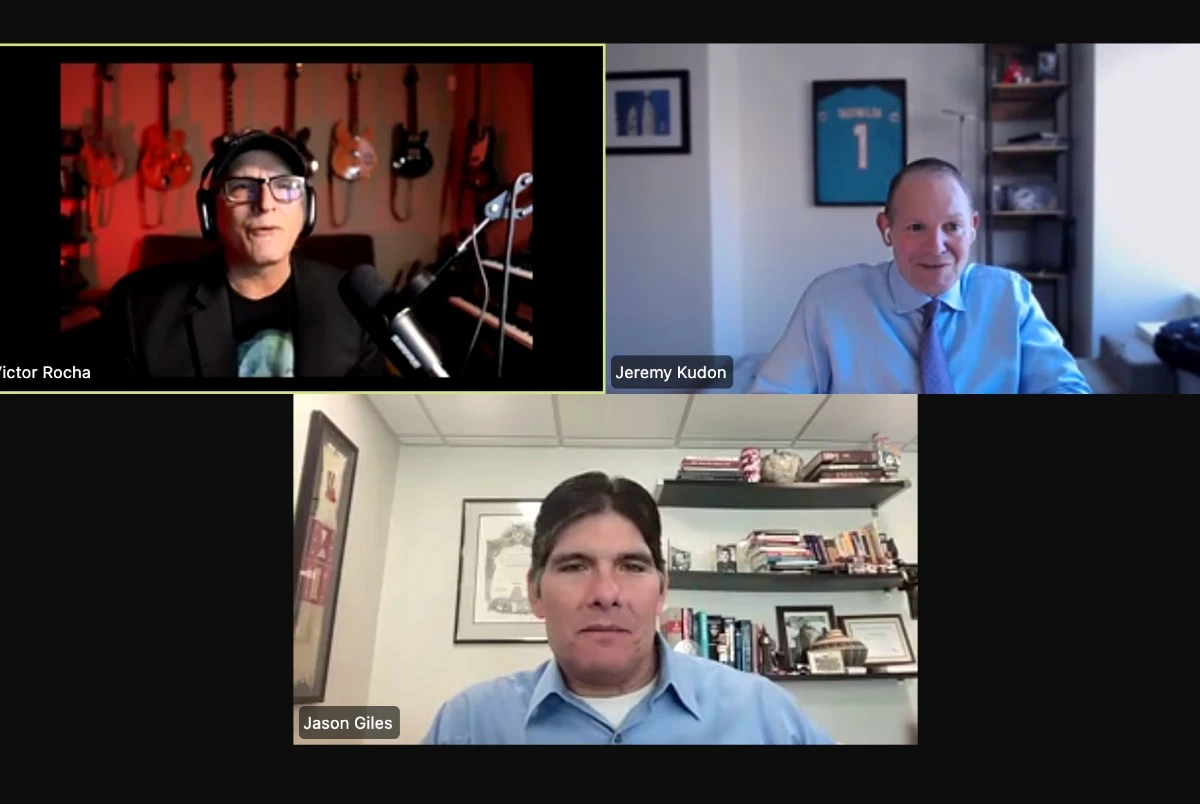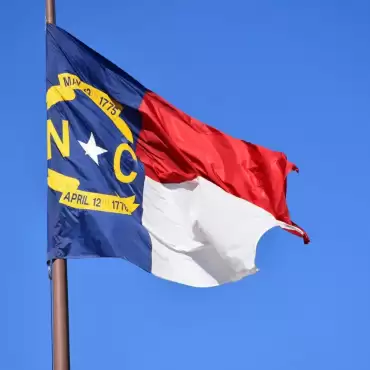In a moment that seemed impossible in 2022, on Wednesday (23 October), Indian Country and the Sports Betting Alliance (SBA) in the US had a meaningful conversation about how to fight – together – against sweepstakes.
Victor Rocha invited lobbyist Jeremy Kudon, who represents the SBA (comprised of BetMGM, DraftKings, Fanatics and FanDuel) to share his thoughts on the rise of sweepstakes. That is the latest “unregulated, unlicensed and untaxed” gambling to emerge in the last year.
Sweepstakes offer gaming without initially using real money. In legal sports betting and igaming, consumers stake accounts with cash or cash equivalents. In sweepstakes, the games start off free to play, but then consumers can purchase “coins” or “virtual cash” with which to wager.
Recently, the legal industry has not only taken notice of the rise of sweepstakes, but is starting to educate itself on what they say is already a multi-billion-dollar industry. The goal is to stop it from continuing to proliferate.
Because sweepstakes are unregulated and untaxed, the billions of dollars sweepstakes companies earn, the panelists said, are coming out of the pockets of commercial operators and tribes alike.
“With all the focus on Underdog, PrizePicks, and (others), maybe we were missing the bigger picture” of sweepstakes, Kudon said.
Kudon works for the legal firm Orrick and, although it does not appear that he represents any sweepstakes operators, his company does, according to its website. Among them, VGW, which operates as “Chumba”.
Strange bedfellows
Kudon joined Pechanga.net founder and Indian Gaming Association conference chair Rocha and Jason Giles, executive director of the National Indian Gaming Commission, on the New Normal webinar. The episode was entitled ‘Common Ground: Will California Tribes and Sports Betting Alliance Join Forces Against Sweepstakes Threats?’
The combination would have been unthinkable two years ago, as California’s Indian Country and the SBA spent close to $500m (£386.7m/€463.6m) on campaigns for and against legal sports betting initiatives. During the campaigns, the advertisements were often ugly, with both sides pointing fingers and calling names. In the end, the tribes prevailed. The commercial initiative, Proposition 27, suffered one of the worst failures in political history.
Since then, some commercial operators have begun to offer amends to California’s Indian Country. In particular, FanDuel president Christian Genetski went on an apology tour. And US CEO Amy Howe has publicly said California sports betting will be done “with and through” the tribes. FanDuel now has a whole department dedicated to “strategic partnerships”. The heavy focus is on listening to and working with Indian Country.
Per their compacts and federal law, California’s tribes have exclusivity for gaming. And they are clear that any gambling will go through them.
Here’s what sweepstakes sites look like
Kudon spent significant time educating viewers on how sweepstakes-model platforms work and what they look like. Visually, they look nearly identical to digital casinos and sportsbooks, complete with odds.

“We’re on the road constantly trying to pass legislation,” Kudon said. “It’s hard… but it should be hard. There should be no shortcuts here. And I hope that [attorneys general] see this. I hope they see why in regulated states, why would you allow Fliff not to pay the $25m licence fee or the 51% tax that my clients pay [in New York] on every bet?”
As chance would have it, the Attorney General Alliance is meeting 23-25 October in Deadwood, SD and, according to sources, multiple gambling issues are on the agenda.
“There should be, I hope, someone focusing on this all the time,” Kudon said. “These are not offshore operators. Fliff is based in Delaware.”
Going forward, it seems clear that former foes will unite. As the old saying goes, “the enemy of my enemy is my friend.”

“We’re going to turn Fliff into a verb”
Rocha said he was blindsided by the rise of sweepstakes while at Gaming Global Expo earlier this month. He seems to have his sights set on blowing up the sweepstakes industry. Fliff and VGW are his main targets.
“We’re going to turn Fliff into a verb,” Rocha said. “Where you’ll say, ‘I went into California and got Fliff-ed.’ I’ve talked to tribal leaders and they are shocked at the money and the arrogance. I think the big thing here is that we are not alone in this. When I reached out to you (Kudon), you were instantly welcoming and we had a commonality.”
Referring back to 2022 and Propositions 26 (tribal retail sports betting) and 27 (statewide digital betting), Kudon said there was “a lot of pain, but that’s part of the process and now we’re going to work together to do this the right way.
“This is the moment for all of the commercial operators and sovereign nations to band together and root this out.”
Pick’em fantasy also in the crosshairs
Besides announcing their intent to combat sweepstakes, Rocha also asked Kudon about where the SBA stands on “DFS 2.0”. The reference is specifically to pick’em-style fantasy games. Rocha and California Indian Country are waiting on an attorney general opinion about the legality of pick’em games.
Kudon, who said he has many friends who work for fantasy sports companies like PrizePicks and Underdog, lobbied for DraftKings and FanDuel before sports betting was legalised in many states. He said there is a clear distinction between traditional fantasy sports, in which players compete against each other, and pick’em. He said that is essentially a “prop parlay”, in which consumers can pick a yes-or-no answer and wager real money against the house.
“They use the words ‘fantasy sports’, but it’s really a player prop,” Kudon said. “Will Bronny James play more than one minute? Score more than two points? Yes or no? That’s the same as sports betting. Those are sportsbooks and they should not be operating in California.
“They say that if you squint your eyes and look at the letter of the law, they say, ‘Oh! We fit into those words.’ But courts will always take substance over form. That’s going to be true of fantasy and that’s going to be true of sweepstakes.”
Kudon went on to call the pick’em contests a “shortcut” and suggested that companies were “hiding behind” the word “innovation”.
“We’re at a crossroads”
Among Rocha’s goals with his series of planned webinars about sweepstakes – three more are coming, with Bill Miller of the American Gaming Association on the agenda next week – is educating California tribes. Kudon pointed out that the education should extend beyond the Golden State as sweepstakes and pick’em contests are active across the US, including in tribal gaming states like Florida, Minnesota and Oklahoma.
“This is a moment in time where the industry has woken up and sees that we’re at a crossroads,” Rocha said. “And we need to do something about it. As a Native American in the Pechanga Tribe, as a Californian, I recognise the threat and I can’t wait for someone else to do something.
“We welcome you. We welcome the AGA. Here in California, the tribes have to do something. You can’t come into California and think that the tribes weren’t going to react.”




